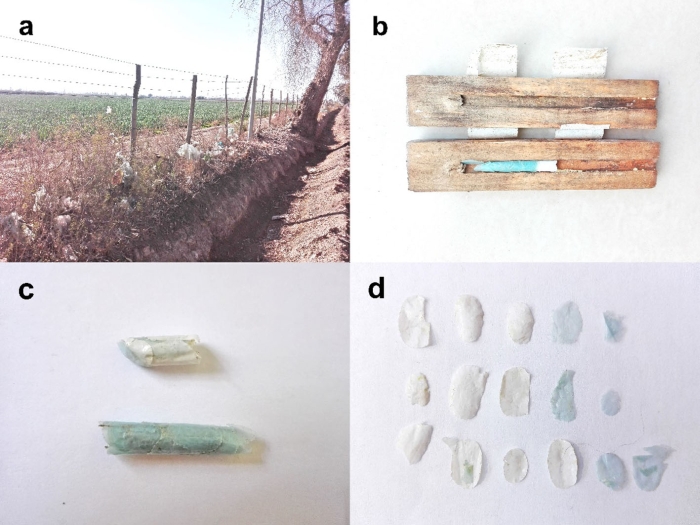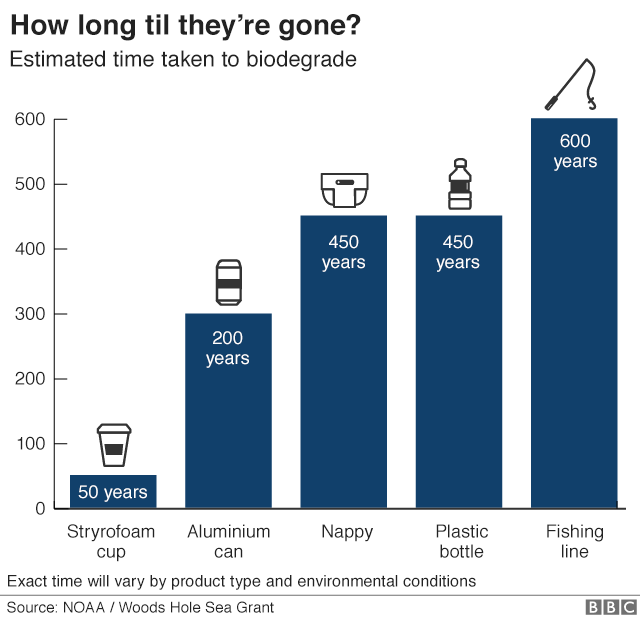rePlanet closes all recycling centers, prompting a call for bottle, can redemption at stores
The popular recycling center closed its remaining 284 centers on Monday.
By
Kevin Smith | San Gabriel Valley Tribune | August 7, 2019
California’s largest chain of recycling centers closed its remaining 284 locations this week, and
Consumer Watchdog wants grocery and convenience stores to pick up the slack.
“We warned just months ago that the bottle deposit program was in crisis, and today’s closure shows consumers are being left in the lurch by the failure of the state to keep recycling centers open,” consumer advocate Liza Tucker said Monday when the closures were announced. “Gov. Newsom needs to tackle this problem personally and make reform of the broken bottle deposit system a top priority this fall.”
The Los Angeles-based organization has called for
CALRecycle, the state agency in charge of recycling, to require the retail outlets to begin redeeming bottles and cans for cash. CALRecycle, a department of the state EPA, said requiring all retailers in California to redeem beverage containers would require a change in statute, and it has not taken a position on that.
A downward trajectory
The last of
rePlanet‘s centers closed Monday, resulting in hundreds of layoffs.
The company has operated in California since 1984, and at its peak had more than 600 redemption centers. In 2016, it closed 191 locations and let nearly 300 employees go, leaving smaller California communities with no place for consumers to redeem empties. Between 650 and 750 employees were laid off with the new closures, according to news reports.
David Lawrence, rePlanet’s president and chief financial officer, linked the closures to a variety of factors.
“With the continued reduction in state fees, the depressed pricing of recycled aluminum and PET (polyethylene terephthalate) plastic, the rise in operating costs resulting from minimum wage increases and required health and workers compensation insurance, the company has concluded that operation of these recycling centers and supporting operations is no longer sustainable,” he said via email.
Retailers aren’t following through
Consumer Watchdog said it should be mandatory for bottles and cans to be redeemed at any retailer that sells them. But a survey the organization released in March found that two-thirds of all retail stores that promised to recycle if redemption centers closed don’t follow through.
CALRecycle said that claim is misleading, as Consumer Watchdog only surveyed 50 stores.
John Votava, director of corporate affairs for the
Ralphs supermarket chain, said rePlanet operated recycling centers at 45 Ralphs locations throughout Southern California.
“We remain committed to our social impact plan of creating communities that have zero hunger, zero waste and are working to identify a solution with other recycling vendors,” Votava said in a statement released Tuesday.
Recycling information, he said, can be found at
www2.calrecycle.ca.gov/BevContainer/RecyclingCenters.
Another Consumer Watchdog report found consumers get only about half of their nickel and dime bottle and can deposits back each year, despite paying $1.5 billion in 2018. CALRecycle said that claim is “inconsistent with audits findings and reporting.”
Looking to stabilize subsidies
CalRecycle said it has taken action to stabilize Beverage Container Recycling Program subsidies paid to beverage container buyback centers to help cover the cost of processing materials and will continue to explore ways to support the program.
“That said, beverage container recycling centers are private businesses and many have decided to close in recent years, despite the subsidies they receive from the program, due to economic conditions affecting the industry as a whole,” the agency said in a statement issued Tuesday.
Tucker said the formula for calculating state payments to recycling centers is flawed. CalRecycle, she said, averages costs to run centers across the state. But the cost of operating a redemption center in a grocery store parking lot — which is the most convenient for consumers — is substantially higher.
Moreover, California allows waste haulers to collect bottles and cans in single recycling bins and redeem them for up to $190 million a year in consumer deposit money even as haulers also hold lucrative trash hauling contracts at the same time.
“If consumers could just take their empties to stores and redemption centers were everywhere, consumers would get their refunds, and we would have less litter and more recyclable material to make new bottles and cans,” she said.
Widespread closures
More than 40% of all California redemption centers have closed over the past five years, according to Consumer Watchdog, and hundreds more closures are on the way due to severe underpayments by the state to support the centers in the face of plummeting commodity prices.
The closures impact communities through job losses and a lack of critical income for families who gather discarded cans and bottles to earn extra cash.
https://www.ocregister.com/2019/08/...g-a-call-for-bottle-can-redemption-at-stores/







